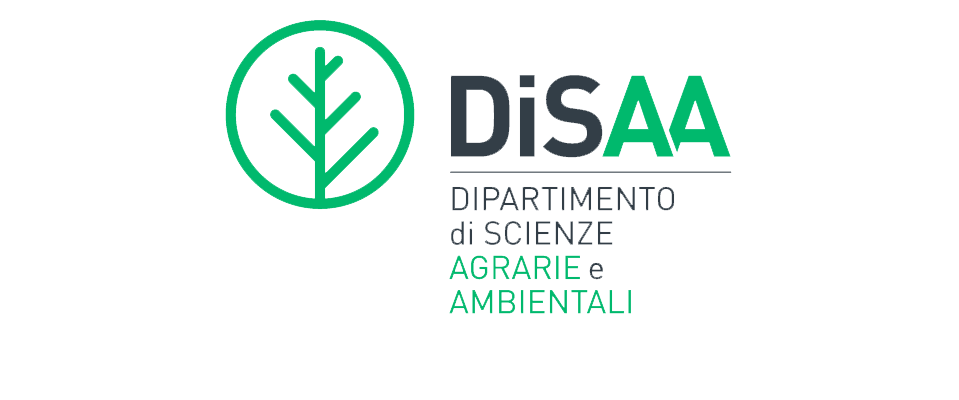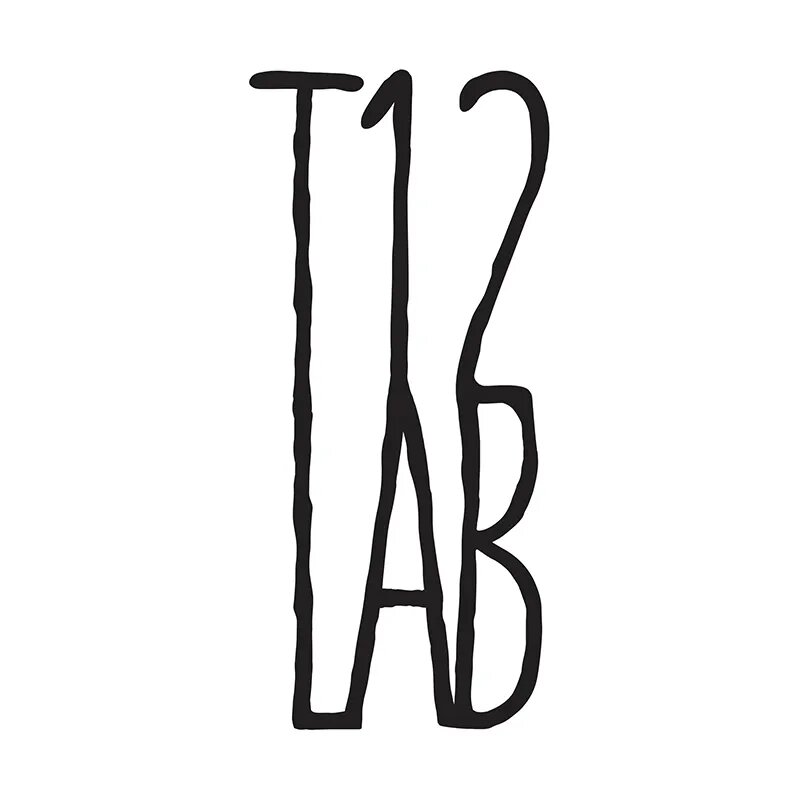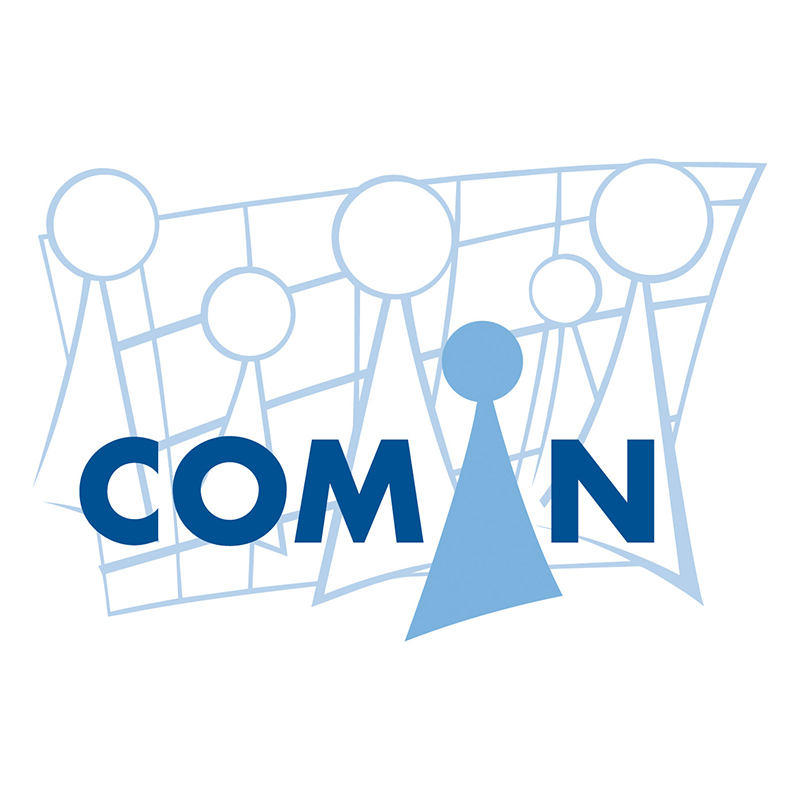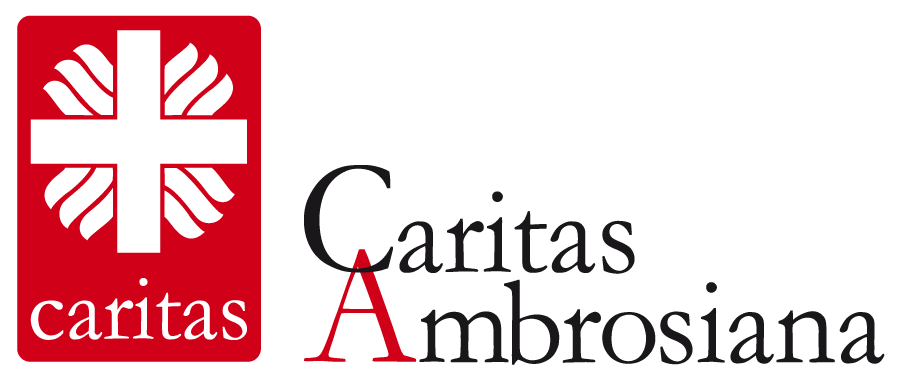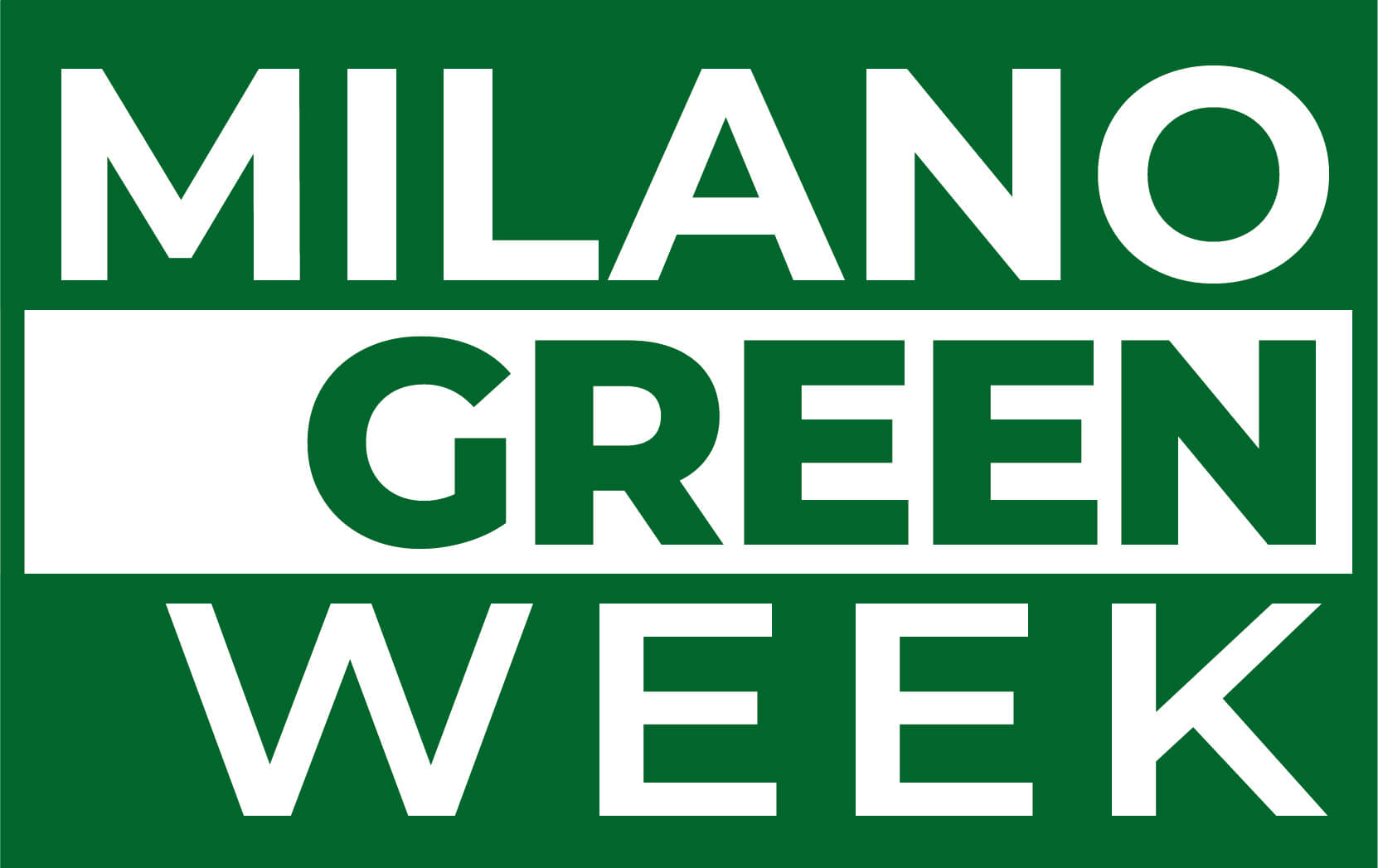Department of Environmental Sciences
DISAA
The Department of Environmental Sciences – Production, Territory, Agroenergy represents the structure inside Milan University for training, research and third mission activities of Agricultural Sciences in the wider sense. The three pillars it is based on are Vegetal Production, Agricultural Engineering and Animal Sciences. The organisation of the activities refers to team works, often multisubject ones, that involve teaching staff, researcher, technician and postgraduates. The experimental projects are carried out either in open field or in plants for protected crops o in animal farms, inside agricultural or zootechnical farms, owned by Milan University or private, and are completed at department laboratories. In particular, DISAA Department makes use of agricultural farms owned by Milan University, such as the educational-experimental company Menozzi located in Landriano, that is a partner of the project “La terra che non c’è – social urban horticulture”
The project “La terra che non c’è – social urban horticulture” is held under the scientific direction of Prof. Antonio Ferrante together with Prof. Associate Fulvia Tambone and Researcher Giacomo Cocetta.
Cultural association and research agency
T12 Lab
T12 Lab deals with social design, public space, urban regeneration with different strategies that are connected one to the other: T12 Lab realizes projects of social inclusion and social cohesion through the retrieve of degraded, abandoned areas of the city creating networks and processes of active citizenship, with the precise purpose of creating public spaces from projects of social design and urban, visual and performative art; T12 Lab creates actions of environmental regeneration and social inclusion through the training-work of fragile people (both young and old) thanks to urban horticulture projects in cities, thus redeveloping exhausted land or abandoned areas by activating self-building processes with communities led by university research institutions in the experimentation of innovative techniques of cultivation off-soil; T12 Lab produces unique objects or mini-series with valuable industrial waste coming from leading companies in the field of product design and urban design, through the training-work of deaf people always present in the Lombardy manufacturing, involving professionals, technical tutors, students of the design and architecture universities.
“La terra che non c’è”, urban social horticulture is conceived and directed by Elisabetta Bianchessi, president and founder of the T12 Lab Association, with the collaboration of Pietro Grimoldi, Federico Marchini, Nicola Mazza, Marica Rossi and Stefano Sandoli.
Social Cooperative
B-CAM
The Social Cooperative deals with social cohesion applying its facilitating role to promote the collaboration among people, groups and institutions to facilitate problem solving and problem handling with a participatory approach. The instruments used are networking, communication, and social animation. It works to grow youth leadership and to develop digital skills, cultural creativity, and social animation. Its activities are always carried out together with other bodies: in Milan in “via Padova districts”, Villapizzone, Baggio and in the Milan area. Previously B-CAM took part in the project of the District Laboratory in San Siro, followed by the municipal project “Via Padova Laboratory”, the social cohesion action 3.0, the planning and management of QuBì Loreto. It is also involved in training activities through group facilitation, learning from experience and method of action.
Cooperative Com’in Terra – Social Agricultural Company
Cooperativa Sociale Comin
The social cooperative Comin is strongly rooted in the territory of Milan Municipality 2, where it operates involving its inhabitants and taking care of its public spaces. In particular Comin wants to intervene on the poky, degraded spaces that not only prevent people from meeting each other but become real barriers against sociality and people well-being.
This process of involving the inhabitants includes fragile people who count on the activities of the cooperative: in fact, inclusion needs participation and leadership of all the citizens and also the enhancement of the contribution that everyone can give to any collective activity.
Finally, the cooperative is interested in creating links between institutions and territory so that citizens take part in the urban recovery projects together with local bodies with the aim to co-design solutions to people’s needs.
